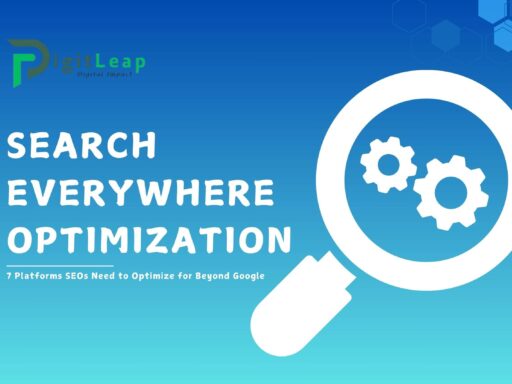Google Colab for SEO: How to Get Started
Google Colab is an excellent tool for SEO professionals looking to analyze large datasets, automate processes, or develop machine learning models to optimize their SEO efforts. Colab, which stands for “Collaboratory,” is a free cloud-based platform that allows you to write and execute Python code right in your browser. Here’s a step-by-step guide on how you can get started with Google Colab for SEO tasks:
1. Setting Up Google Colab
- Accessing Colab
Go to Google Colab and log in with your Google account. - Create a New Notebook
Click on File > New Notebook. A notebook is where you write your code and see the results. - Install SEO Libraries
Colab comes with many pre-installed libraries. However, you might need some SEO-specific libraries like:pythonCopy code!pip install beautifulsoup4 requests pandas
2. Essential SEO Tasks You Can Perform with Colab
a) Scraping Data for Keyword Research
Google Colab can run Python scripts for web scraping to collect keyword data from search engines or tools like Google Trends.
pythonCopy codefrom bs4 import BeautifulSoup
import requests
url = 'https://www.example.com'
response = requests.get(url)
soup = BeautifulSoup(response.content, 'html.parser')
# Example: Extract all URLs
for link in soup.find_all('a'):
print(link.get('href'))
This helps you automate data collection from competitor websites or search engine results pages (SERPs).
b) Keyword Data Analysis with Pandas
Using pandas, you can manipulate keyword datasets and run analyses, such as identifying high-performing keywords.
pythonCopy codeimport pandas as pd
# Load keyword data
data = pd.read_csv('keywords.csv')
# Filter keywords with high search volume
high_volume_keywords = data[data['Search Volume'] > 1000]
print(high_volume_keywords)
c) On-Page SEO Audit Automation
With Colab, you can automate tasks like checking broken links or missing meta descriptions on a website.
pythonCopy codeimport requests
urls = ['https://example.com', 'https://example.com/page2']
for url in urls:
response = requests.get(url)
if response.status_code != 200:
print(f"Broken link: {url}")
3. Leveraging Machine Learning for SEO
Google Colab supports TensorFlow, allowing you to create machine learning models for SEO, such as:
- Predicting user behavior based on keywords.
- Analyzing sentiment in reviews or comments.
- Clustering keywords based on topic relevance.
4. Collaborating and Sharing SEO Projects
Colab allows you to share your projects with team members via links, making collaboration on SEO tasks easier.
To share your notebook:
- Click Share in the upper-right corner.
- Set access permissions, allowing others to view or edit.
5. Saving and Exporting Reports
Once you complete your analysis, you can export the results as:
- CSV Files: Save processed data locally.
- PDFs: Export reports to share with stakeholders.
pythonCopy codehigh_volume_keywords.to_csv('filtered_keywords.csv', index=False)
6. Integrating Google Colab with Google Drive
You can connect Colab with Google Drive to store and retrieve SEO data directly from your Drive.
pythonCopy codefrom google.colab import drive
drive.mount('/content/drive')
7. Advanced SEO Tasks with APIs
Google Colab can integrate with SEO tools via APIs (e.g., Google Search Console API, Ahrefs API) to automate data collection and reporting.
pythonCopy codeimport requests
api_url = 'https://api.example.com/data'
headers = {'Authorization': 'Bearer YOUR_API_KEY'}
response = requests.get(api_url, headers=headers)
print(response.json())
Conclusion
Google Colab provides a powerful and flexible environment for SEO professionals to automate tasks, analyze data, and experiment with machine learning models. With features like cloud-based execution, integration with Google Drive, and easy collaboration, Colab is an invaluable tool for modern SEO workflows.






